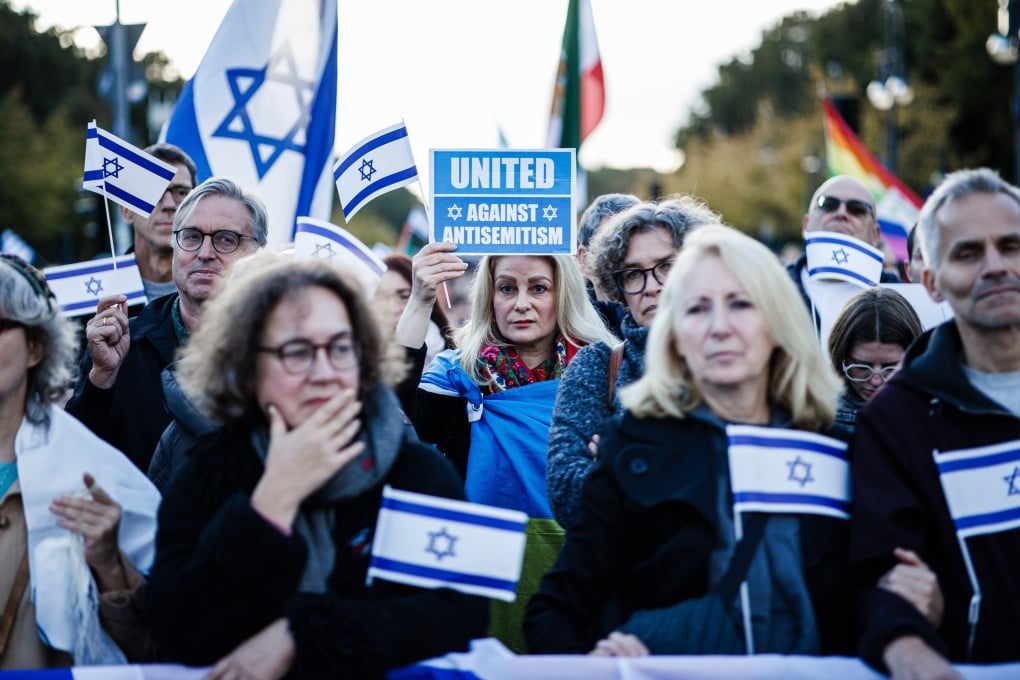Advertisement
Opinion | From Harvard to Hong Kong, toxic debate is poisoning freedom of speech
- US university heads’ responses to queries on how they would handle calls for genocide have attracted criticism, while some have questioned whether fundamental freedoms are being protected in Hong Kong
- With social media fuelling disinformation, the complex issues that surround freedom of speech today require open dialogue and deliberation
Reading Time:3 minutes
Why you can trust SCMP
5

The heads of three top American universities were called to the US Capitol last week to testify in a congressional hearing on rising antisemitism on their campuses, and the threats and fear that many Jewish students are experiencing as a result. Antisemitism is escalating and spreading across the US and other countries.
The presidents of Massachusetts Institute of Technology (MIT), University of Pennsylvania and Harvard University testified before the Republican-led House Committee on Education and the Workforce. Even though the congressional hearing was on antisemitism, there has also been a surge in Islamophobic incidents.
The presidents attracted intense criticism for not stating outright that advocating the genocide of Jews automatically constituted a breach of the code of conduct at their institutions.
This was in response to New York Republican Representative Elise Stefanik’s questions on whether advocating the genocide of Jews constituted a violation of their anti-bullying or harassment policies. The presidents clarified that judgment would be contingent upon the circumstances and behaviour involved. A rapid and extensive public outcry followed.
After her House Committee testimony, Liz Magill, widely acknowledged as a champion of free speech, was forced to resign as president of the University of Pennsylvania after a year and a half in the position. Harvard president Claudine Gay made a public apology via the Harvard Crimson student newspaper. Both Gay and MIT president Sally Kornbluth remain under pressure.
Freedom of speech, a cornerstone of American and other democratic societies, has become entangled in debates on self-censorship, hate speech, doxxing and cancel culture, as well as politics. So has the complex concept of freedom of speech been lost to political correctness?
Advertisement
